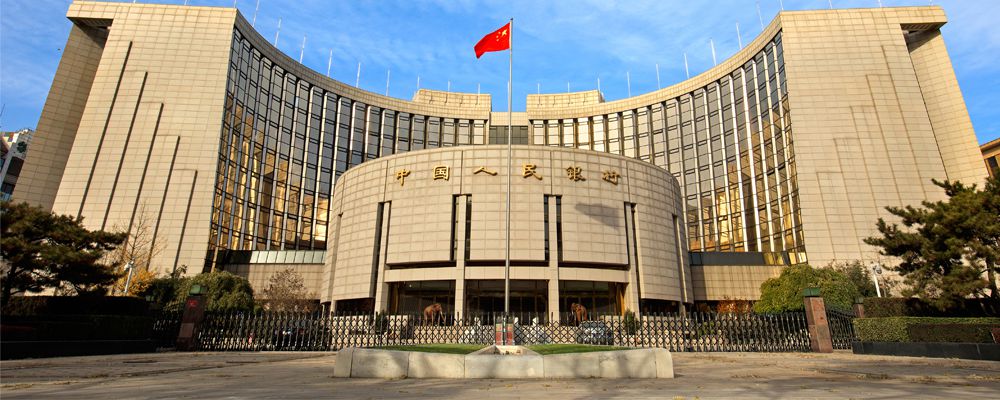The build-up of debt cannot be sustainable
- Tuesday, June 20, 2017
 Due to the Chinese economic slowdown in 2015, the Chinese government prioritised growth over reform and injected a massive US$1.4tn stimulus package into manufacturing, infrastructure and industry in 2016. Not surprisingly, Chinese manufacturing PMI confidence and activity has hit a five year high achieved mainly through this stimulus and government investment rather than market growth.
Due to the Chinese economic slowdown in 2015, the Chinese government prioritised growth over reform and injected a massive US$1.4tn stimulus package into manufacturing, infrastructure and industry in 2016. Not surprisingly, Chinese manufacturing PMI confidence and activity has hit a five year high achieved mainly through this stimulus and government investment rather than market growth.
This stimulus package was seized upon by the market as a sign that global growth would improve. In order to keep the economy growing at or near to 6.5% per annum, Beijing recognised the economy needed more stimulus. The economy had been labouring under the weight on non-performing loans. State owned banks were not revealing bad debts, but balance sheets were full of loans to local government on which they were receiving no return.
The credit intensity of China’s economy is becoming increasingly alarming – US$6 of incremental debt is now required to deliver an incremental US$1 of GDP growth. Nevertheless, in 2016 Chinese policy-makers agreed to swap US$1.4trn local government debt for US$1.4trn of central government debt, which allowed the banks to start lending again, re-setting the cycle of inefficient lending and infrastructure growth. Although this mentality is storing up more trouble for the future, financial markets saw it as a near-term positive, particularly for commodities and other more cyclical parts of the market.
The Chinese authorities are now concerned about the stress in the Chinese financial system and the slowing of growth. They are particularly concerned with China’s shadow banking sector. This is lending conducted by unregulated institutions and is estimated to be valued at US$9.4tr or 87% of China’s national GDP.
China is cracking down on credit. Banks have been warned against speculation that could result in asset bubbles which divert important funds away from more needed parts of the economy. Mortgage lending has been restricted to 40% of the property value for a first home and 20% on a second home. Because of this, the backlog of unsold properties in China has reached 15 million or 12 months demand. Property developers financing costs are rising and analysts are predicting a 15% fall in property values this year.
The authorities are mindful that any mismatch in lending long- term mortgage credit financed by short term debt could be a major problem if credit tightens
and that debt needs to be refinanced every three months at a higher cost.
There is evidence that credit controls will hit economic growth. For example, new car and mobile phone sales have started to stall. The IHS Markit Materials Price Index has fallen by over 11% from its February high suggesting lower demand after the big spending on infrastructure in 2016.
Commentators know that the Chinese authorities have many resources at their disposal and are likely to stick to their guns to squeeze down leverage and credit levels unless there is a sharp slowdown in growth or a surge in lending costs and company bankruptcy. China continues to hold massive foreign exchange reserves of US$3tn which means that fortunately their debt mountain can be repaid.
The Chinese authorities wish to transform the economy away from export and investment led growth to a consumption and service based economy. After last
year’s investment and stimulus programme, China’s policy makers are focussing increasingly on high tech, high value added products and services, robotics, electronics, infrastructure and power generation. The patterns of development occurring in China are evident geographically. Coastal provinces are developing at pace and flourishing the insurance, healthcare, IT, media, and consumer industries. While creating skilled jobs with rising wages the coastal regions are thriving when compared to the more central areas.

Chris Davies
Chartered Financial AdviserChris is a Chartered Independent Financial Adviser and leads the investment team.
About Estate Capital
Financial Services
Our Contacts
7 Uplands Crescent,
Swansea, South Wales,
SA2 0PA.
Tel: 01792 477763
